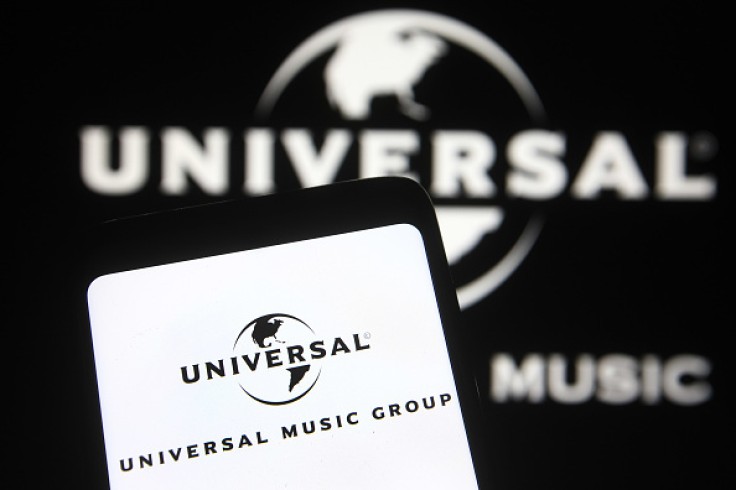The music industry is just among many detectors that have been greatly affected by generative AI. One of the latest cases is that of AI startup Anthropic's chatbot Claude generating copyrighted lyrics, which has caught the attention of Universal Music.

Anthropic Cacthes a Copyright Infringement Lawsuit
Without music lyrics, we might not be able to memorize or even understand some of our favorite tunes, which is why we fish them out from sites or view the lyrics from apps like Spotify through Musixmatch. These, however, are properly licensed unlike the ones shown by Claude.
Universal Music Group found it fitting to file a copyright infringement lawsuit against Anthropic's chatbot after it generated lyrics upon a user's prompt, saying that it scrapes their songs without consent and uses them to generate "identical or nearly identical copies of those lyrics."
According to a US Court filing, Claude managed to generate the lyrics to "I Will Survive" by Gloria Gaynor almost word for word. "This copyrighted material is not free for the taking simply because it can be found on the Internet,' says Universal Music as per Ars Technica.
The music corporation claims that the AI startup never even attempted to license their copyrighted work. The lawsuit stated that "Publishers embrace innovation and recognize the great promise of AI when used ethically and responsibly."
However, it also expressed that Anthropic violated these principles on a systematic and widespread basis. To make matters worse, the chatbot was not only used to generate lyrics for already existing music.
When prompted to create lyrics based on the style of famous artists with unlicensed materials, it did so using published lyrics. Upon asking the AI model to "write a piece of short fiction" in the style of Louis Armstrong, the chatbot generated the lyrics to "What a Wonderful World."
Google Goes for Legal Approach
Unlike Anthropic, Google is actually doing things the proper way when it comes to taking advantage of AI capabilities. Just this August, the search engine giant was negotiating with Universal Music Group for something both companies could benefit from.
Since deepfake music is not going anywhere anytime soon, The two companies are working on creating a legitimate way for users to create music using the voices of real artists. Of course, the artists will have to consent first before their voices are used.
In return, they will be compensated for the music created through royalties, as reported by Fox Business. This way, at least they will get paid instead of people using generative AI tools to copy their voices without consent.
After all, it has already been affecting even major artists in the industry. Famous rappers Drake and singer The Weekend have had their voices used to create a collaborative song without their consent, and it actually gained popularity online.
Music streaming apps like Spotify do not condone such content, which is why it has taken down tens of thousands of AI-generated music. Regardless, these songs can still be found on other sites like TikTok and YouTube.









